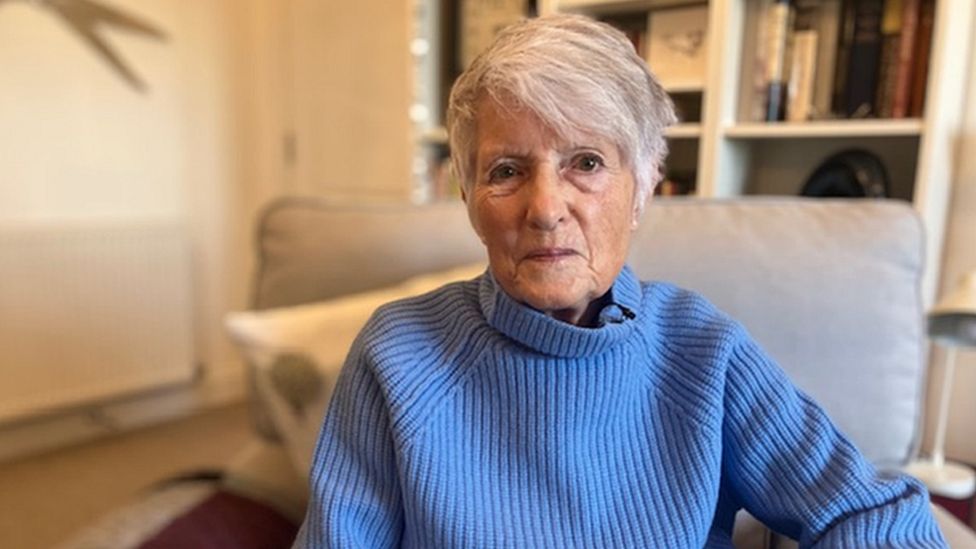Infection
Shingles patients in West Country needed for vaccine trial
People are being invited to take part in a new research study looking at providing a shingles vaccine combined with the Covid-19 or flu jab.
Researchers at the University of Bristol are seeing if giving protection against shingles at the same time as the other vaccines can boost immunity.
One in three people will get shingles in their lifetime. It occurs when an old chickenpox infection is reactivated and causes a painful rash.
The trial is open to people over 50.
Liz, from Marlborough, said her life has been blighted by shingles since her first attack six years ago.
The retired mother-of-three, who has had five separate infections, said: “It actually attacked the sciatic nerve. I already have a spine problem.
“I went back to see my back specialist. He said there’s nothing we can do until you are through the shingles and it was about six months before I was really clear of it.”
She added: “I am nervous and a worrier by nature. But shingles has made it 100 times worse.
“It’s anxiety, about everything, about meeting new people, going to new places, travelling, even something as simple as going for a coffee morning.”
With the body’s immune system keeping it in check, the virus can remain inactive in the nervous system for decades and flare up later in life.

What is shingles?
- The first signs of shingles can include a tingling or painful feeling in an area of skin or a headache or feeling generally unwell
- A rash will appear a few days later
- Usually you get the shingles rash on your chest and tummy, but it can appear anywhere on your body including on your face, eyes and genitals
- The rash appears as blotches on your skin, on one side of your body only. A rash on both the left and right of your body is unlikely to be shingles
- It can take up to four weeks for the rash to heal
- You cannot spread shingles to others but people who have not had chickenpox before could catch chickenpox from someone with the infection
Source: NHS

Researchers at the University of Bristol are now testing the safety and immune responses of giving the shingles vaccine at the same time as the flu or Covid vaccine and are welcoming volunteers to take part in the study, sponsored by University Hospitals Bristol and Weston NHS Foundation Trust (UHBW).
The ‘ZosterFluCOV’ study is coordinated by the Bristol Trials Centre and similar trials are taking place across the UK, including at North Bristol NHS Trust.

Dr Rajeka Lazarus, consultant in infectious diseases and microbiology at UHBW is chief investigator for the trial.
She said: “The number of vaccines available to prevent infection in older adults has increased over the past ten years and is likely to increase further.
“We hope this study will provide evidence to improve how we offer vaccines to older adults.”
Cut down trips to the GP
In the UK, a shingles vaccine is offered to people when they reach 65-years-old with flu and Covid jabs also offered to people in this age group.
If the shingles vaccine could be offered during the same appointment, it would save having to make several trips to the GP.
The vaccine stops most people getting shingles but those that still get it will have a milder and shorter illness. People who have suffered with shingles in the past can still take the vaccine as it will boost immunity.
Meanwhile, another trial in the West Country is trying to find out if patients newly-diagnosed with shingles can be helped with anti-depressants.
Researchers from the University of Bristol want to see amitriptyline can prevent post-herpetic neuralgia, a condition which causes intermittent or continuous nerve pain in an area of skin previously affected by shingles.

Follow BBC West on Facebook, X and Instagram. Send your story ideas to: [email protected]
Related Topics
- Health
- Vaccination
- University of Bristol
- Bristol
- NHS
- Bristol
Related Internet Links
-
Homepage – University of Bristol

